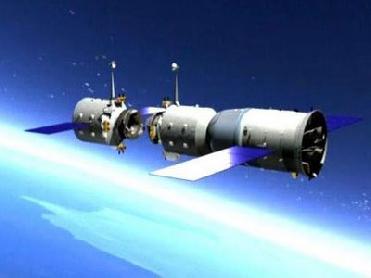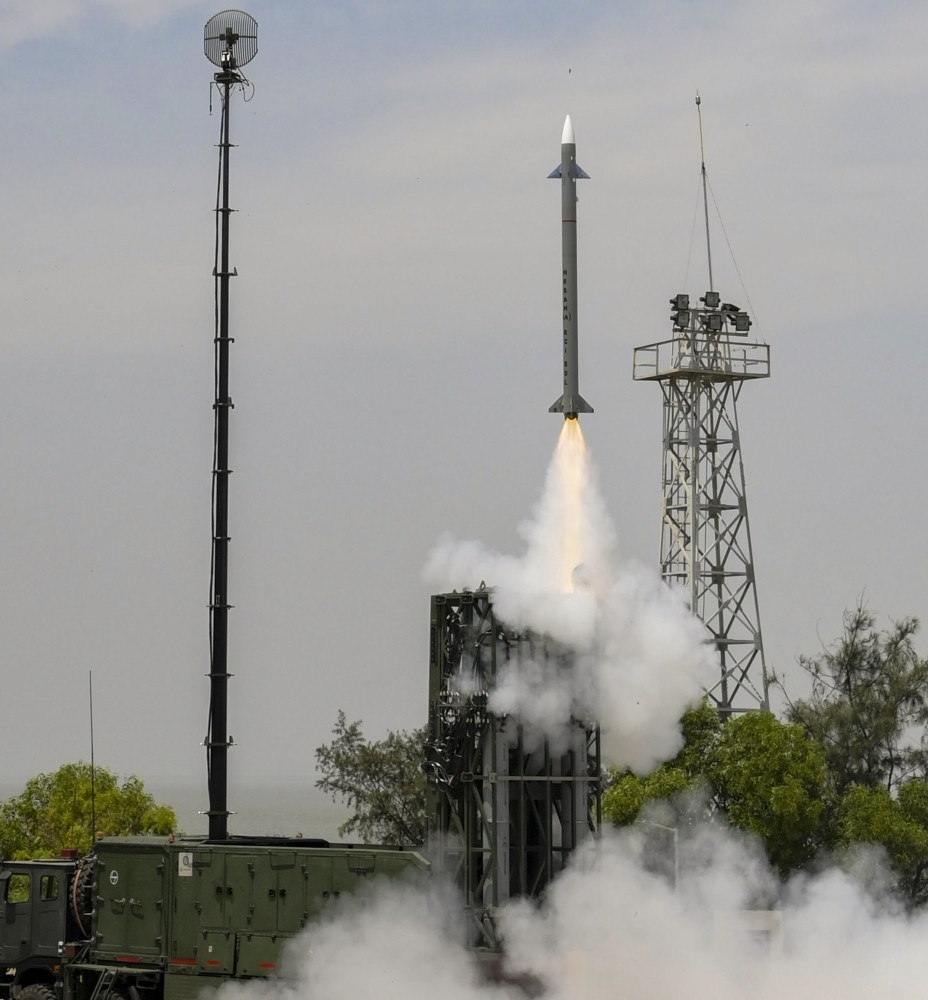
'Tiangong-1' or 'Heavenly Palace-1'.
BEIJING (AP): China's space program will launch an unmanned experimental module next year, the first component of its permanent space station, according to a state media report.
Before the completion of the station, the 8.5 ton module, named Tiangong 1, or "Heavenly Palace", will be used for docking practice by China's Shenzhou space craft, Qi Faren, the program's veteran chief designer, was quoted as saying by the Xinhua News Agency Wednesday.
The unmanned Shenzhou 8 mission is expected to dock about two years after Tiangong's launch, followed by manned Shenzhou 9 and 10 flights.
Xinhua quoted Liang Xiaohong, head of the China Academy of Launch Vehicle Technology, as saying Tiangong 1 would be slung into space atop a modified version of the two-stage Long March 2F rocket capable of carrying payloads of more than eight tons.
A permanent orbiting space station is a component of China's space ambitions, although no target completion date has been given.
The space program's strong connection to China's armed forces and the secretive, authoritarian nature of Beijing's communist one-party government has inhibited cooperation with the US and other nations, including on the newly completed International Space Station.
 Previous Article
Previous Article Next Article
Next Article













The Indian Air Force, in its flight trials evaluation report submitted before the Defence Ministry l..
view articleAn insight into the Medium Multi-Role Combat Aircraft competition...
view articleSky enthusiasts can now spot the International Space Station (ISS) commanded by Indian-American astr..
view article